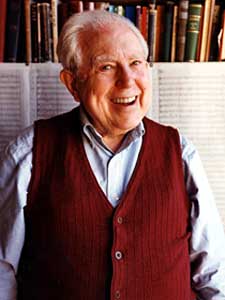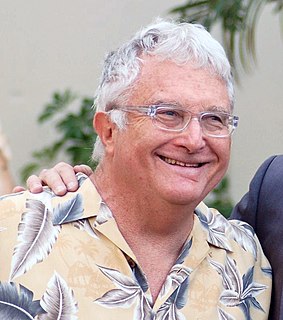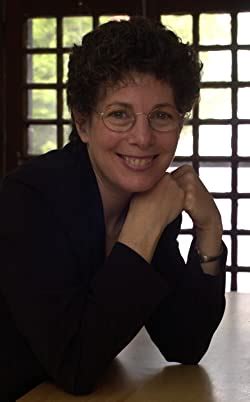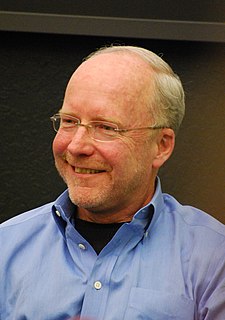A Quote by Elliott Carter
Why write for the orchestra? For one thing it's a very challenging problem.
Related Quotes
The thing that has always baffled me about people's perception of my writing is the sense that I'm a very controversial, opinionated, polarizing person. I feel like I write about things that I'm interested in, and I describe why they're interesting to me. I could be negative, I guess. It's far easier to write why something is terrible than why it's good.
The problem facing humanity today is not a political problem; it's not a financial problem; it's not a military problem. It's obviously a spiritual problem. That is, it has to do with what we believe to be true about who we are, where we are, why we are where we are, and what are we doing on the Earth. What is the purpose of life itself? What we need right now are leaders or models, people who will stand up and not only help to write a cultural story, but help to model it in the way that they interact with each other.
If you ever have a question or a problem, if you approach Triple H, he might say the most-obvious thing, but it was the last thing you were thinking. As soon as he says it, you're thinking, 'Oh my, why didn't I think of that?' He's very smart, and we're very lucky to have him at our disposal in NXT.
I write very raw, ugly, illiterate first drafts very quickly (novels are always in first draft in under a year) and then I spend years and years fine-tuning, revising, editing, etc. What inspires me? Who knows. I am not inspired that much. That’s why I write long form fiction - I am not much of a short story writer. Ideas come seldom, but when a good one comes, I really stick to it and see it out. I’m a problem-solver - I've never thrown out an entire manuscript; I've always forced myself to repair it until it was a lovable thing again.
I think when you're 17 and you're angry, you're angry about very short-term things. And there's nothing wrong about writing that record. It's a very real record to write; it's the realest record I could write when I was 17. The problem is, when you're 28, it's not the same thing; it can be a put-on.








































